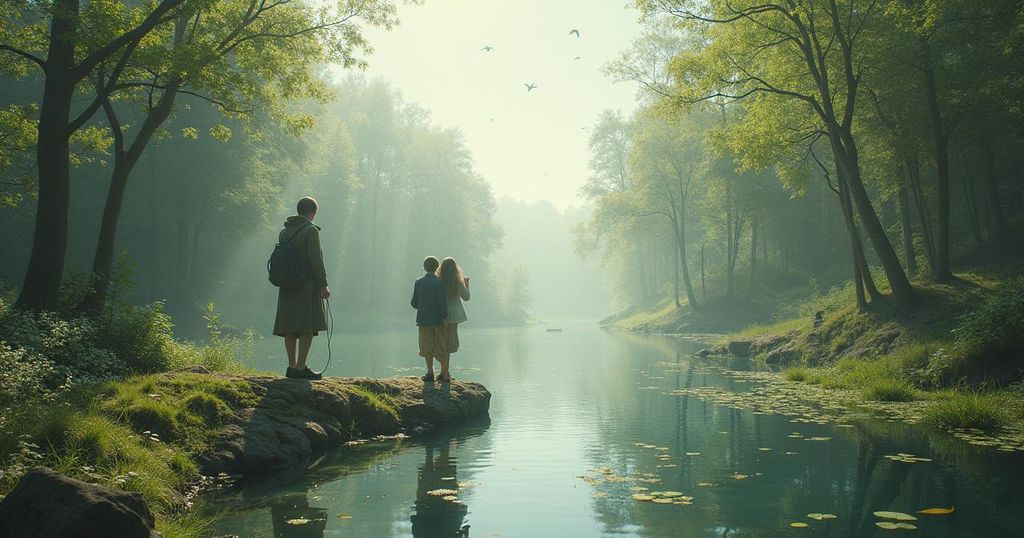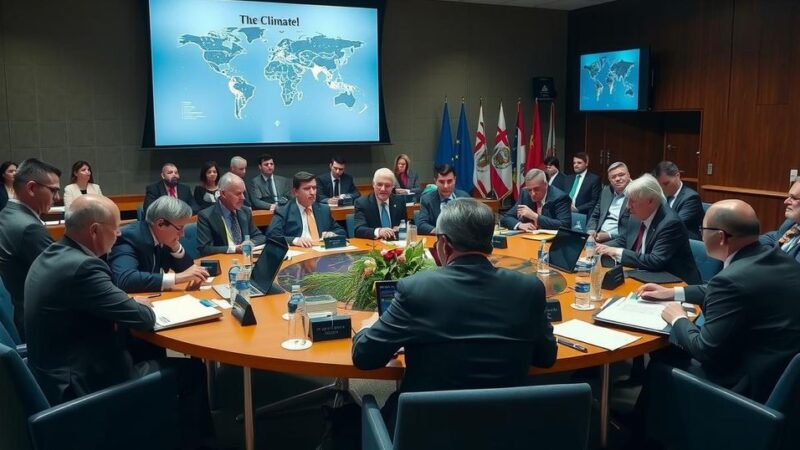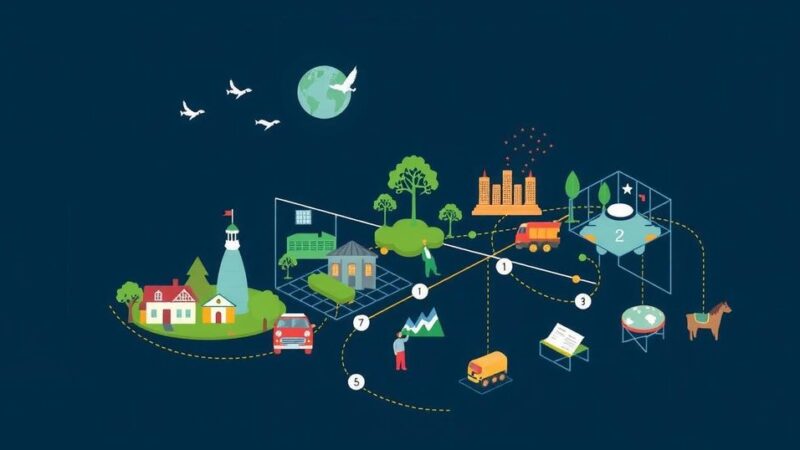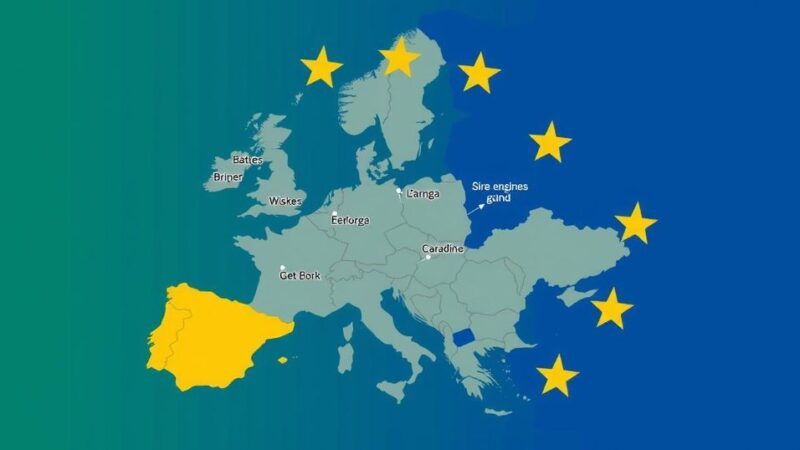This article emphasizes the importance of cathedral thinking, a concept introduced by Roman Krznaric, which advocates for long-term sustainability and awareness of one’s legacy. It presents evidence that reflects on mortality can inspire positive action for future generations and highlights the significance of multigenerational partnerships in addressing climate change through meaningful dialogue and collaboration. By engaging in intentional discussions and actions, individuals can work together towards a greener future.
In contemplating our mortality, we are encouraged to engage in what Roman Krznaric terms “cathedral thinking,” where we adopt a mindset geared towards long-term sustainability for future generations. This approach calls for us to recognize that our actions today will influence the lives of those who come after us. Historical achievements such as the Trans-Siberian Railway and the establishment of national parks demonstrate humanity’s capacity for foresight and planning that benefits subsequent generations. As we reflect upon our legacy—what we will leave behind—it becomes evident that acknowledging our own mortality, or the “death nudge,” can significantly impact our propensity to initiate positive change. Research in behavioral psychology supports this notion, illustrating that heightened awareness of one’s mortality can lead to a greater propensity to act in the interests of future generations. For instance, one study indicated that participants who contemplated their legacy increased their charitable donations by 45% compared to those who did not engage in such reflection. Establishing multigenerational partnerships is pivotal in spearheading enduring change. These partnerships can exist independently of familial ties and can emerge within community settings. Intentional discussions about climate change can foster collaboration toward a shared vision of a sustainable future. To initiate these conversations, one should adhere to specific principles: 1. Ask: Pose open-ended inquiries to encourage dialogue across generational lines. 2. Listen: Practice active listening to truly understand the perspectives of others. 3. Share: Express your thoughts and experiences, ensuring clarity and context. 4. Learn: Approach these exchanges with a commitment to personal growth and understanding. 5. Laugh: Utilize humor to alleviate tensions surrounding serious topics like climate change. 6. Brainstorm: Collaboratively envision a sustainable future and outline actionable steps toward that end. Ultimately, the culmination of these dialogues should lead to actionable plans that can be executed together. Whether it is adopting sustainable practices from relevant resources or engaging in educational activities, the goal is to inspire collective effort towards a greener life. As this article from Heather White elaborates on these themes, it serves as a clarion call for us to consider our role as stewards of the planet and highlights the invaluable benefits of fostering intergenerational relationships in addressing climate issues.
The article addresses the concept of “cathedral thinking” as proposed by Roman Krznaric, which emphasizes the importance of long-term planning and the responsibilities we hold towards future generations. It advocates for a mindful approach to our mortality, suggesting that by contemplating what we will leave behind, we can inspire sustainable practices in the present. Furthermore, the article discusses the value of cultivating multigenerational conversations as a means of fostering collaboration for climate action, suggesting specific principles to guide these discussions. By pulling from behavioral psychology, the article reinforces the connection between awareness of mortality and increased charitable behaviors, thus advocating for a shift in mindset towards sustainability and legacy-building.
In conclusion, the recognition of our mortality, termed as “death nudge,” serves as a catalyst for engaging in sustainable practices and legacy-defining actions. The adoption of cathedral thinking encourages us to prioritize long-term sustainability for future generations. Through the formation of multigenerational partnerships and engaging in respectful, intentional dialogue, we can foster meaningful change and contribute to a sustainable future, effectively bridging generational gaps for the betterment of society.
Original Source: www.mindbodygreen.com






